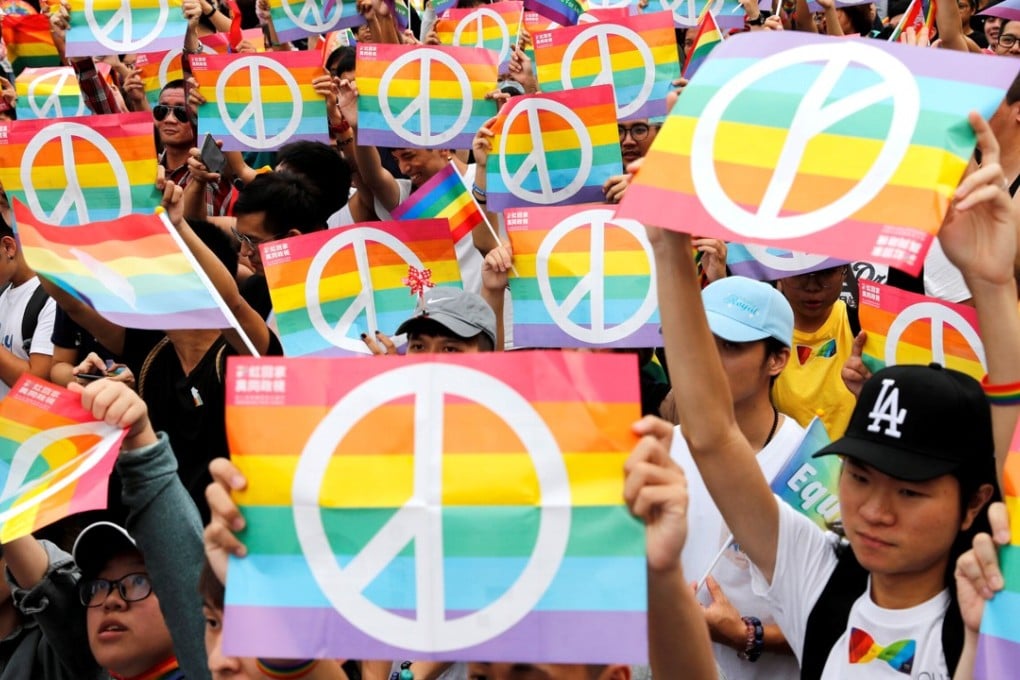Advertisement
Opinion | Three reasons why same-sex marriage is still a no go in Taiwan and Hong Kong
- Anson Au says demographic and political barriers, like Taiwan’s low fertility rate and voter unhappiness, are blocking the legalisation of same-sex marriage
- There are lessons here for Hong Kong, and the rest of Asia: more has to be done to lay the groundwork for progress
Reading Time:3 minutes
Why you can trust SCMP

The recent referendum results in Taiwan signal a major setback in the fight for marriage equality in Asia: in the latest elections, Taiwanese voters also supported the removal of gender equality content from schools; approved of limiting marriage to heterosexual couples; and, rejected same-sex marriage. Human rights groups are lamenting that Taiwan, once seen as a progressive society, has regressed. How did this happen?
Advertisement
From the perspective of political sociology, there are multilayered reasons for the referendum outcome, and important lessons to be learned about the political instruments needed for the passing of groundbreaking legislation like same-sex marriage laws in Hong Kong and Taiwan. Altogether, there are three factors that influence the legalisation of same-sex marriage.
First, there are demographic factors. Same-sex marriage legalisation is more likely in societies with low marriage rates and high fertility rates, where the importance of marriage as a social institution has declined and cultural shifts have deepened the recognition that love is expressed and bonds are formed even without marriage. In the case of Taiwan, the island’s marriage rate was 6.29 per 1,000 people in 2016, low enough for acceptance of civil unions to take root. However, its birth rate is the world’s third-lowest, at 1.13. This adds fuel to the conservative discourse on gay marriage, and inflames irrational fears that the institution of marriage and the continuity of the human race are somehow under threat.

Advertisement
Second, there are institutional factors. Authoritarian states maintain their power by controlling all important social institutions: they say what marriage is and what it isn’t, and people fall in line with state regulations. Democratisation, by contrast, increases the likelihood of same-sex marriage legalisation. Power is shared, and public opinion is allowed to shape policy.

Advertisement
